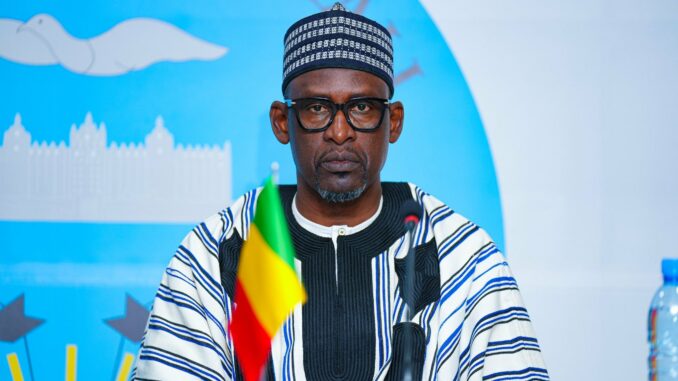
Mali has announced on Tuesday March 18 its withdrawal from the Organisation Internationale de la Francophonie (OIF), a move that follows similar actions by Niger and Burkina Faso earlier this week.
In a letter addressed to its French counterpart, the Malian Foreign ministry explained that the country could not remain part of an organization whose actions conflict with its constitutional principles, particularly those related to State sovereignty.
This decision marks a further distancing from France and its former colonial influence, following Mali’s suspension from the OIF in 2020 after a military coup that toppled President Ibrahim Boubacar Keita (in August 2020).
The OIF, based in Paris, had previously called for the release of President Keita and the establishment of a civilian-led transitional government following the coup. However, the ongoing political instability in Mali, compounded by security challenges, led to the country’s departure from the organization. The withdrawal comes just days after Burkina Faso and Niger, two other military-led governments that have shifted their allegiances away from France in favour of closer ties with Russia, also announced their exit from the OIF. These nations have been increasingly critical of Western influence in the region and are seeking to form a new regional bloc, separate from the Economic Community of West African States (ECOWAS).
This growing trend of political and diplomatic isolation from former colonial powers reflects a broader shift in the Sahel region, where countries are asserting their sovereignty and exploring new international partnerships. Mali, Niger, and Burkina Faso have not only left the OIF but have also distanced themselves from ECOWAS, choosing instead to form a new Sahel confederation. The OIF, which aims to promote French language and cultural, educational, and economic cooperation among 93 member states, has become increasingly irrelevant to these nations as they chart a different course in their geopolitical landscape.
